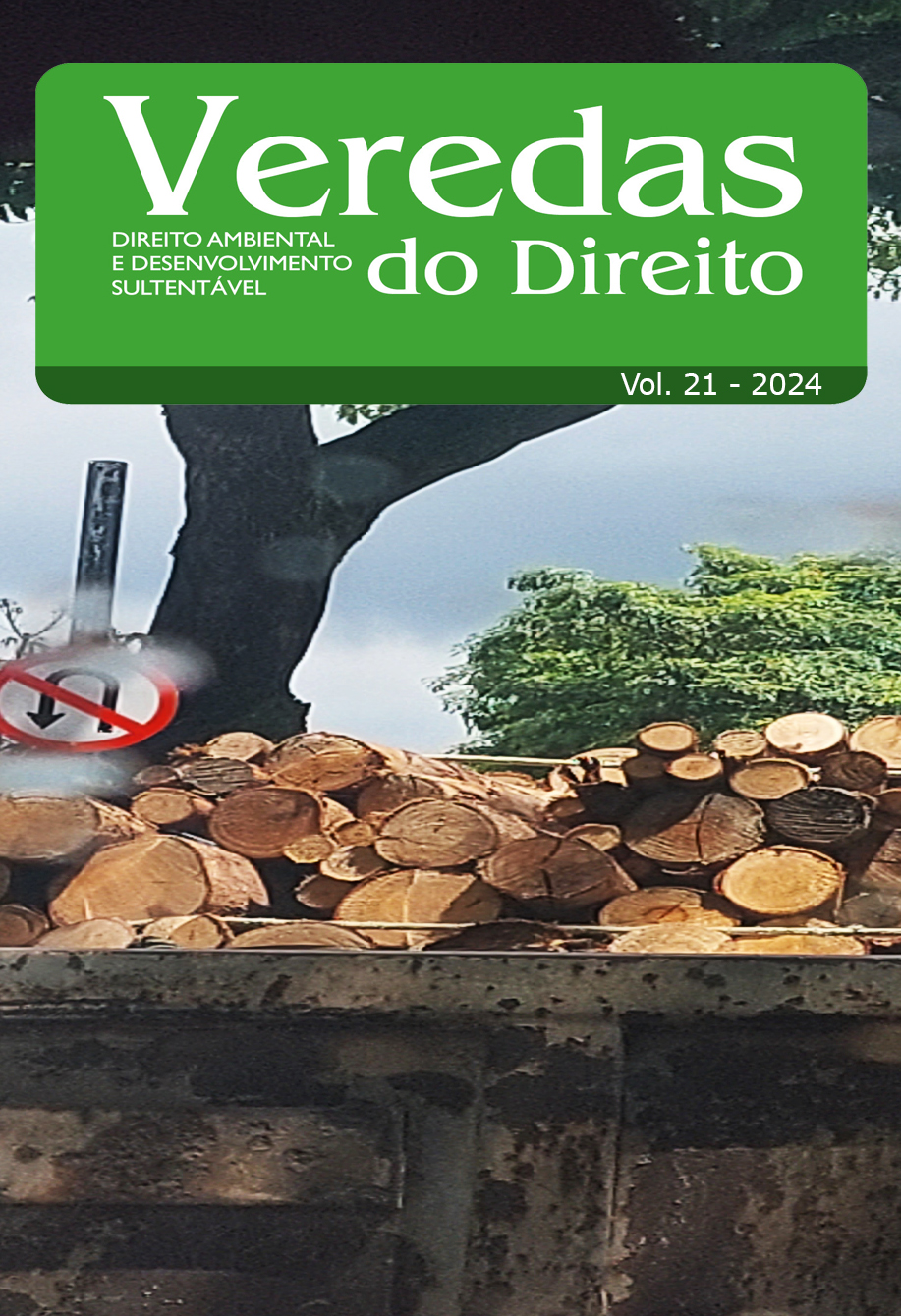CONTRIBUTIONS OF BIOPHILIA TO SUSTAINABLE DEVELOPMENT
Main Article Content
Abstract
Addressing the application of biophilia in urban areas, this article aims to analyze the effectiveness of its implementation in promoting sustainable development in its three main dimensions: environmental, economic, and social. The study proposes three specific objectives. Firstly, to highlight the intrinsic connection between humans and nature, examining how this relationship has evolved over time and how the biophilic concept reaffirms it as a fundamental core. Next, to analyze how the 2030 Agenda, a global commitment to sustainable development, relates to biophilic principles, and to assess whether Brazilian legislation is contributing to integrating these principles into urban life in the country. Finally, to investigate and understand how the different dimensions of sustainable development connect to biophilic principles and their impacts on well-being in urban areas, especially in achieving goal 11.7 of the aforementioned Agenda. Considering biophilia as one of the guiding principles of sustainable development, it is concluded that when applied in urban areas, it is a principled conception capable of reconciling urban progress and human relations with nature, providing an increase in individuals' well-being and contributing to the expansion of green areas in urban spaces, as well as collaborating with sustainable precepts. The contribution of this study lies in the need to establish a new paradigm for human interaction with the environment through development that promotes harmonious interaction with nature. To achieve the intended scope, the present research employed the hypothetico-deductive method, starting from the concept of biophilia to analyze whether its principles and guidelines can inspire sustainable actions, involving bibliographic and documentary research.
Article Details
I (we) submit this article which is original and unpublished, of my (our) own authorship, to the evaluation of the Veredas do Direito Journal, and agree that the related copyrights will become exclusive property of the Journal, being prohibited any partial or total copy in any other part or other printed or online communication vehicle dissociated from the Veredas do Direito Journal, without the necessary and prior authorization that should be requested in writing to Editor in Chief. I (we) also declare that there is no conflict of interest between the articles theme, the author (s) and enterprises, institutions or individuals.
I (we) recognize that the Veredas do Direito Journal is licensed under a CREATIVE COMMONS LICENSE.
Licença Creative Commons Attribution 3.0



































